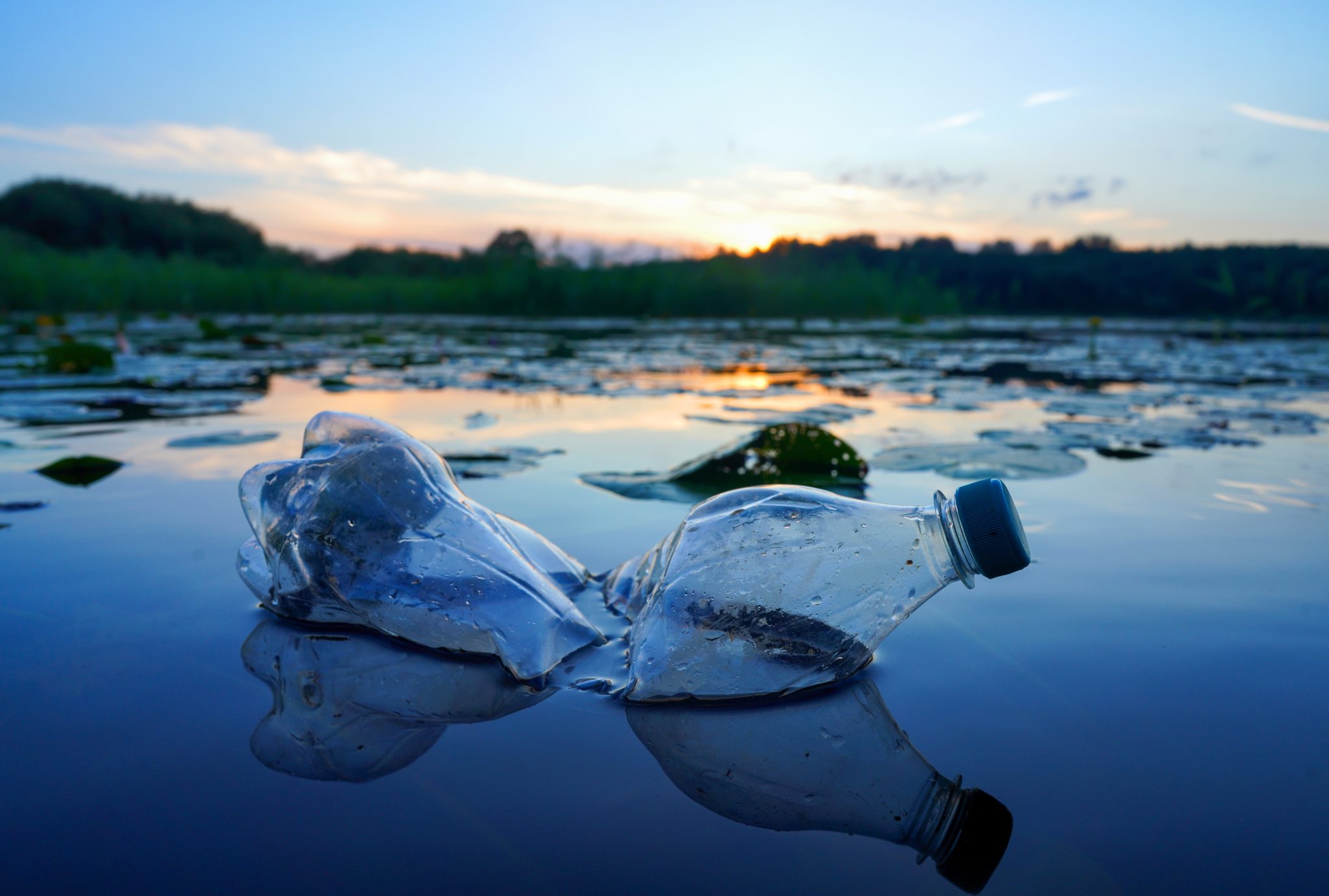New Tech: Diapers Eating Plastic Waste

An Austin-based Texas startup has introduced an innovative solution to reduce plastic waste by developing diapers augmented with fungi.
At a Glance
- A Texas startup has developed fungi-enhanced diapers to address landfill waste.
- The diapers aim to reduce the environmental impact of disposable products.
- Fungi used can break down plastic materials, decreasing landfill accumulation.
- This venture highlights the role of biotechnology in tackling environmental issues.
The Unique Solution
A Texas-based startup has crafted diapers infused with plastic-eating fungi to combat the persistent problem of plastic waste in landfills. This pioneering initiative combines the natural waste in used diapers with certain fungi strains to accelerate plastic degradation, offering a potential reduction of landfill accumulation.
This innovative approach aims to bridge the gap between disposable product convenience and environmental responsibility. The startup’s method not only encourages sustainable disposal practices but also opens the door for further exploration of fungi’s capabilities in waste reduction.
Potential Environmental Impact
The enhanced diapers provide a promising avenue to address the significant environmental impact of traditional disposable diapers. By utilizing fungi, which can consume and break down plastic, the initiative promises a reduction in the overwhelming waste consumers contribute to landfills.
This project marks a significant step towards sustainable waste management practices. The efforts align with broader environmental goals, merging biotechnology’s potential with actionable solutions for pressing ecological issues.
Looking Forward
This Texas startup sets an example of how innovation and biotechnology can work together to solve environmental challenges. As demand for sustainable practices grows, innovative solutions like these fungi-infused diapers may lead to a radical shift in how society addresses and manages waste.
The fusion of technological innovation with ecological responsibility demonstrated here could forge new paths in reducing our footprint. As science advances, initiatives like this will play a crucial role in shaping a sustainable future.
